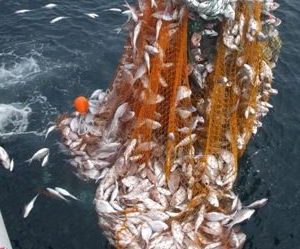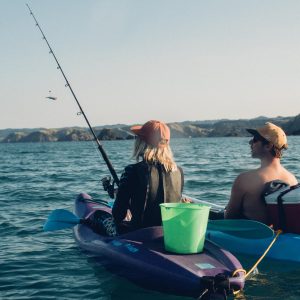It is a common refrain from many of the older recreational fishers we meet, “Fish stocks are not what they used to be”. This year large cuts to tarakihi catch will be proposed for the whole east coast of the North and South Islands.
It has taken several years for a stock assessment to be developed and approved because each quota management area seemed to have a different portion of the tarakihi stock. Mainly young fish off the South Island, a mix of ages in the lower North Island and older fish in the Bay of Plenty and East Northland. There is some movement between these areas. While there are pockets of higher abundance, overall the stock has been overfished for a long time and is currently sitting about 17% of the unfished stock size.
Fisheries New Zealand (MPI’s new name) must advise the Minister on a rebuild plan to bring the stock up to the target level of 40% of the unfished stock size. Large cuts are needed now to ensure we reach the target within 10 years.
Any day now we are expecting a Ministry discussion document offering several options for the future management of tarakihi. Early indications are that these options will seek to reduce the impact on commercial interests while looking at cuts to recreational bag limits. Currently tarakihi is part of the mixed species recreational bag limit of 20 per person.
Before we impose cuts on recreational fishing let’s put fishing effort into perspective. In 2016-17 in the area between Cape Runaway and Porirua, TAR 2, total commercial landings were almost 1970 tonnes and recreational harvest was 72 tonnes. What’s more, commercial fishers landed almost 10% more fish than their allocation. This excess commercial catch alone represents 237% more than the total estimated recreational harvest for the same area, for the same period.
Given this reality, the Minister must recognise the decades of tonnes of unreported catch tossed over the side, industrial fishing methods that destroy juvenile habitats, and years of overfishing based on the false assumption that if commercial fishers can catch fish then the stock must be okay.
The fishery clearly needs rebuilding and the responsibility for that restoration must be attributed to those who have squandered our tarakihi resources.





